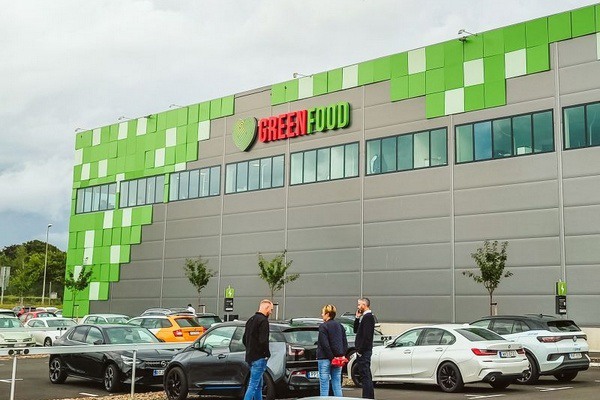Greenfood AB has signed a Share Purchase Agreement with Dole Nordic AB for the sale of its Fresh Produce business, the company announced.
Greenfood currently operates across three business areas: Picadeli, Food Solutions, and Fresh Produce. The Fresh Produce division includes the group’s fruit and vegetable wholesale activities. Following the transaction, these operations will be divested, while the rest of Greenfood’s business will continue unchanged.
 © GreenFood
© GreenFood
According to Greenfood, the sale will allow the company to concentrate its activities on Picadeli and Food Solutions. David von Laskowski, CEO of Greenfood Group, said the agreement supports a clearer focus on these remaining business areas, which the group considers central to its future operations.
The completion of the transaction is subject to customary regulatory approvals, including clearance from relevant competition authorities. The companies expect the transaction to be completed during 2026.
Greenfood stated that the divestment is expected to affect the group’s financial position, including liquidity and leverage, following completion. No financial details of the transaction were disclosed.
Dole Nordic AB, the buyer, will acquire Greenfood’s Fresh Produce business once all regulatory conditions have been met.
 © GreenFoodFor more information:
© GreenFoodFor more information:
Martin Asp
Greenfood
Tel: +46 42 490 11 00
Email: [email protected]
www.greenfood.se
